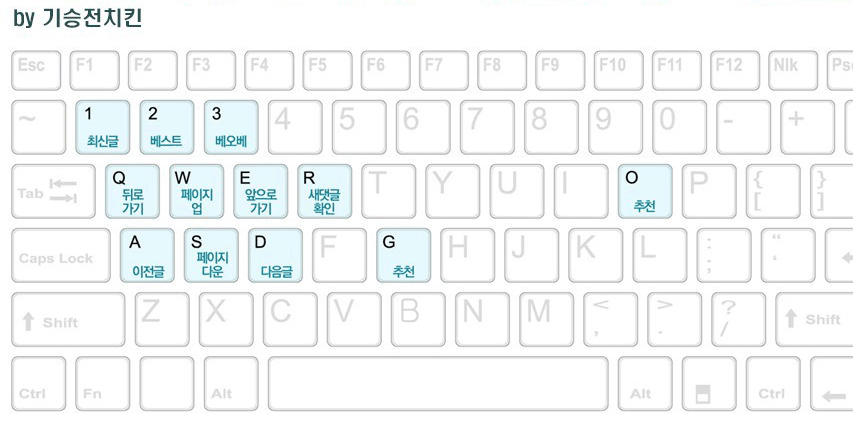1) 안보와 사생활 문제가 애플과 FBI사이에 붉어졌다.
2) 일부에선법적 충돌로 보기도 하지만 실질적인 문제는 다른 곳에 있다.
3) 이번에는 FBI가 애플기기에 언락에 관한 새로운 소프트웨어를 넣으려 한다.
4) 그런데 이 시도가 향후 안보를 오히려 약화시킬 수도 있다.
5) 왜냐하면 언락할 수 있는 기술이 한번 적용되기 시작하면 악용, 남용될 수 있기 때문이다.
6) 이번 상황은 다른 회사들에게 큰 영향을 미칠 수 있으므로 애들도 자신만의 해결책을 강구해야 한다.
1) Some frame the stand-off in terms of the rule of law. (일부에선 이번 교착상태를 법의 지배라는 관점에서 바라본다.)
-> stand-off 는 교착상태인데 흔히 쓰는 교착상태는 크게 4가지 입니다. deadlock, stand-off, impasse, stalemate 가 그것인데 뭐 사실 서로 섞어써도 상관없지만 약간씩 어감이 좀 다르긴 합니다. 이 어감차이를 정확하게 맞게 쓰면 그걸 아는 사람이 보면 또 고급스럽게 보이죠. ㅎㅎ
i) deadlock -> 여러 복합적인 상황이 꼬여 진전없는 상황에 짜증나서 협상 등이 중단되는 경우입니다.
ii) stand-off -> 서로 먼저 움직이면 손해보는 상황이라 외부의 개입없이는 어쩔 수 없는 경우입니다.
iii) impasse -> 하나의 이슈에 양측이 완전 반대하고 있는 경우입니다.
iv) stalemate -> 해결책을 찾지 못해 진전이 이루어지지 않는 경우입니다.
따라서 위의 경우 FBI, 애플 모두 먼저 움직일 순 없고 법원의 판단을 기다리는 상황이니 stand-off가 어울리죠?
2) That is both true and beside the point. (그것은 맞기도 하지만 핵심에서 벗어난다.)
-> beside the point 는 문제의 핵심에서 벗어나고 + 문제 해결에 중요하지 않을 때 쓰면 좋습니다.
3) That hinges on two issues. (그것은 두 가지 문제에 달려 있다.)
-> hinge on 은 depend on 처럼 쓸 수 있다고 지난번에 한번 언급되었습니다. 좀 더 구체적으로 hinge는 경첩이죠? 열리고 닫히고가 결정되는 곳입니다. 따라서 yes/no 의 문제인 경우 hinge on을 쓰면 좀 더 어감이 살아납니다. 본문엔 that 이 지칭하는 것이 애플 주장이 옳은지 아닌지 이니 hinge on 이 잘 어울립니다.
4) That breaks new ground. (그것은 신기원을 열게한다.)
-> 신기원을 열다라고 하면 open/usher in/make/stretch a new era 를 많이 씁니다. 뭐 비슷하지만 어느 누구도 하지 않은 시도를 하는 것은 break new ground 가 왠지 더 어울립니다. PC를 open a new era 한 사람은 스티브잡스이겠지만 break new ground 라고 하긴 어렵죠?
5) warding off the threat of rogue espionage agencies. (깡패 스파이 기관들의 위협을 피하다.)
-> ward 는 병동 같은 방입니다. ward off 라고 하면 단순히 피하다라는 느낌보다 아예 벽을 만들어 차단해 보호하는 느낌이 듭니다.
6) If the capability to unlock iPhones exists, so will the temptation for the authorities to use it repeatedly. (만일 아이폰을 언락할 수 있다면 정부 기관들이 반복적으로 사용하고 싶어할 수도 있다.)
-> 딱히 표현이 있어서가 아니라 글을 쓰는 스타일이 너무 좋아서 뽑아봤습니다. 사실 if절을 쓰는 걸 전 좋아하지 않는 데 같은 동사가 사용되게 문장을 구성해서 도치를 시켰네요? 왜 제눈엔 멋져 보이죠? ㅎㅎ 그리고 ‘권한을 가진 당국’은 authority 가 가장 좋고 ‘실행을 하는 당국’은 agency가 좋습니다.
7) if tech firms are forced to comply with this sort of request in America (만일 기술 회사들이 미국에서 어쩔 수 없이 이런 종류의 요구를 따라야 한다면)
-> 이번 주는 할게 별로 없어…ㅜ 이것도 넣어 볼게요. ‘어쩔 수 없이 ~하다’ 라는 표현 생각보다 영어로 잘 안 나옵니다. 매번 should, have to 쓰는 경우가 많습니다. 앞으로 be forced to 를 애용합시다. ㅋ 그리고 ~을 따르다고 하면 comply with / conform to / abide by 등 전치사가 다 다르니 잘 알아 둡시다.
8) It is possible to imagine a scenario that might override such concerns. (그런 우려를 뒤엎을 수 있는 시나리오를 그려볼 수 있다.)
-> A가 B보다 중요하다 라는 표현으로 여러가지 쓸 수 있는 데 게중에 override 는 왠지 앞이 중요해서 뒤를 무시해도 된다라는 느낌이 듭니다. 이걸 importance를 쓰는 것보다 더 간결하고 어감도 살아나죠?













